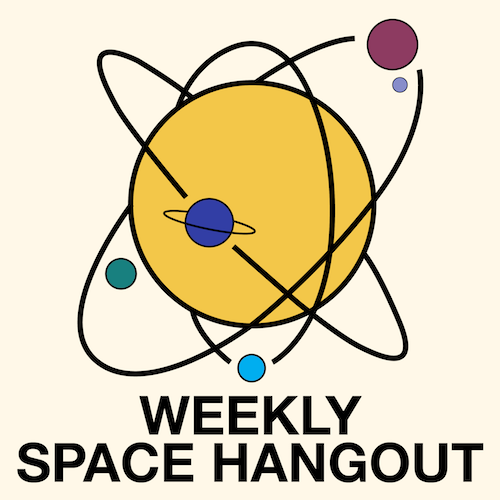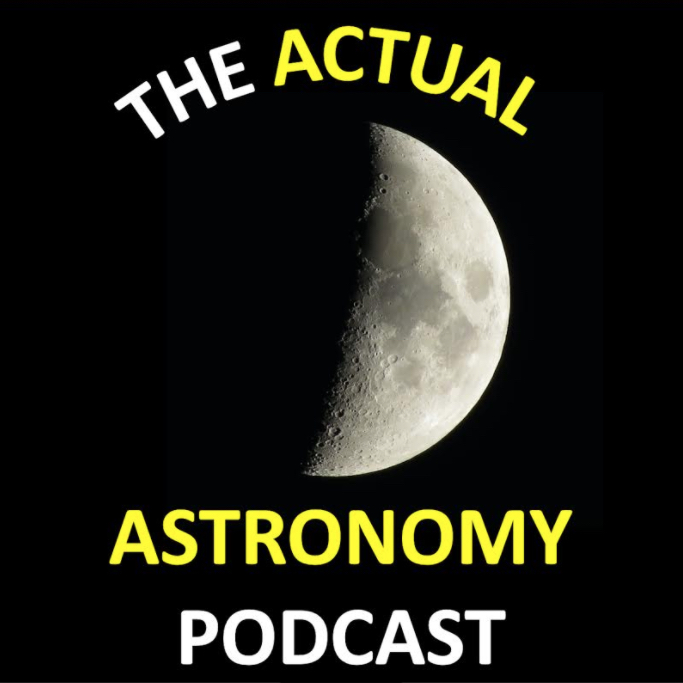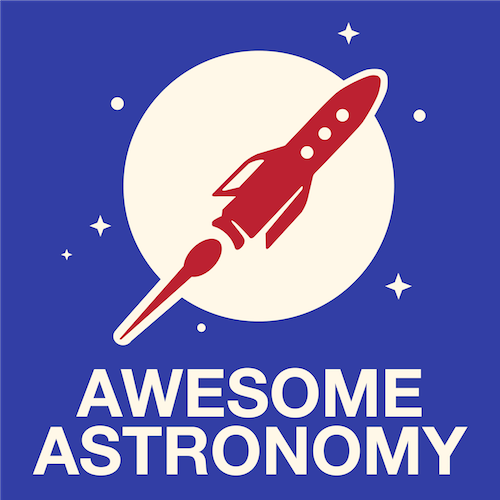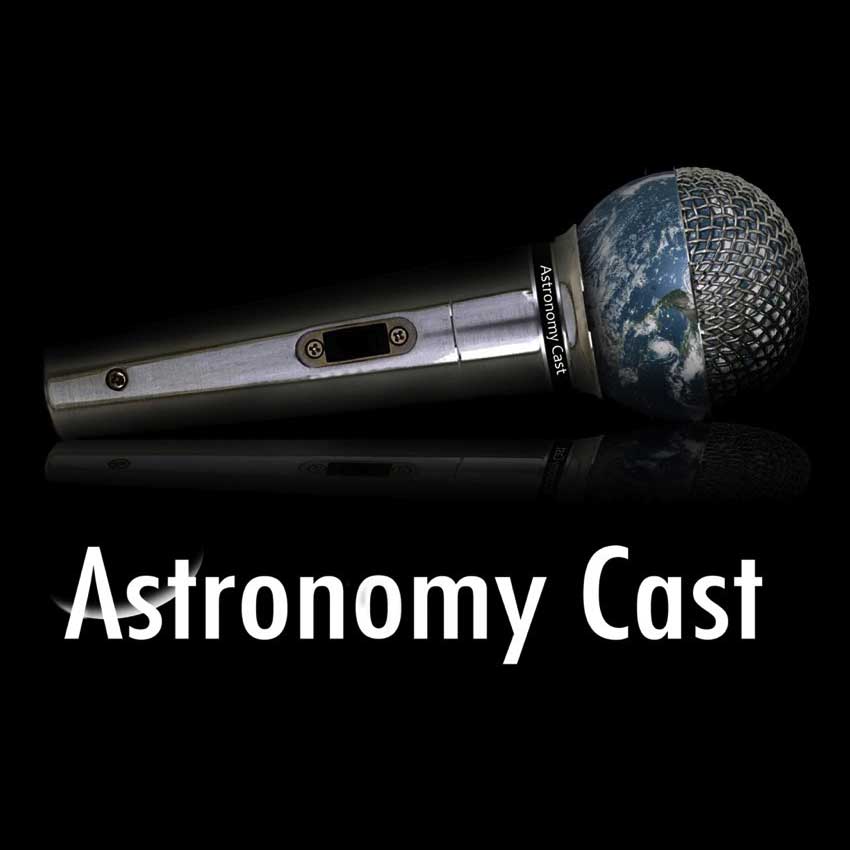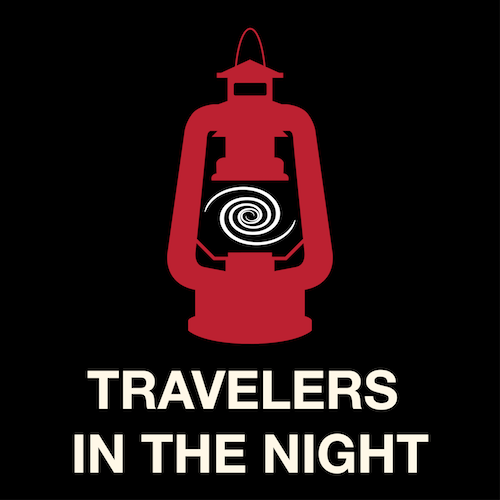Today’s Episode
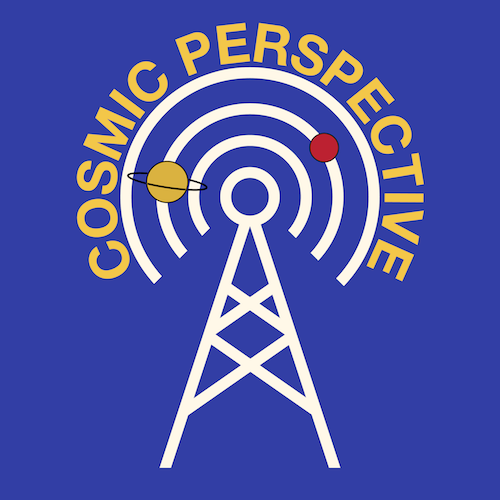
Dec 12th: Informal chat with Space Historian, Andrew Chaikin
Andrew Chaikin discusses about his interests in Space Exploration & Astronomy that led to a career as a writer & his journey to interview the Apollo Astronauts.
Subscribe & Follow
Project Director: Avivah Yamani
Audio Engineer: Richard Drumm
Executive Producer: Pamela L. Gay
Learn more about us on our
Credits and Sponsors page.
We are a community podcast,
bringing you the voices of astronomy & astronomy lovers,
everyday of the year.
More Recent Episodes
Dec 17th: Flashes of Creation by Dr. Paul Halpern: George Gamow, Fred Hoyle, & the Great Big Bang Debate
Join us today for weekly update with @WSHCrew. Today the team will discuss with Dr. Paul Halpern about flashes of creation. And as usual the team will bring news update about Water on Mars, exoplanet, and how quickly the Moon cooled.
Dec 16th: Some Refreshing Views with Mark Radice
The @ActualAstronomy talks with Mark Radice about observation using 10-inch F15 victorian refractor, big binoculars, setting up his home observatory, planetary observing and how to take colour photos of lava flows on the moon.
Dec 15th: Awesome Astronomy December 2021 Space Exploration Show
What do you think about colonising galaxy? Check it out at @AwesomeAstroPod space exploration session. Today’s news will cover recreating Mars in Antarctica, future space tourist, ways to capture space debris, and more topic.
Dec 14th: It’s A Weird Place, But We’re Getting To Know It!
Today @CheapAstro is about time and timing. What is time made of? Is Betelguese about to blow? Find the answers at #365DaysOfAstro
Dec 13th: Rockier Moons & Giant Asteroids
So a rock is a rock is a rock. Right? Across the solar system there are giant rocky asteroids and even “gianter” rocky moons. What is the difference between these two families of objects and where do they come from?
Dec 12th: High Traffic Area & Radio Eyes
Today Travelers in the Night will take us to Francesco Manca from Sormano Astronomical Observatory whose keeping track of the asteroids which can make close approaches. And also about the radio wavelength as our eyes to the universe.


